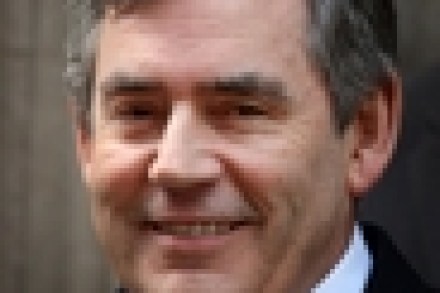Brown gets lively
Normally, interviewing Gordon Brown is like drawing blood from a stone. In the old days, the interviewer had to rely on someone like Charlie Whelan to call up afterwards and give a real story (like joining the Euro) to compensate for his boss’s reticence. I don’t know what the Times trio slipped into his tea today, but it seems to have worked. And does the headline “Decisive year ahead” mean that 2008 will be the year where he takes a decision? Anyway, here’s what jumped out at me. 1) On party funding: “I don’t get into the detail of individual donations. That’s for other people.” Is this leadership? He takes















